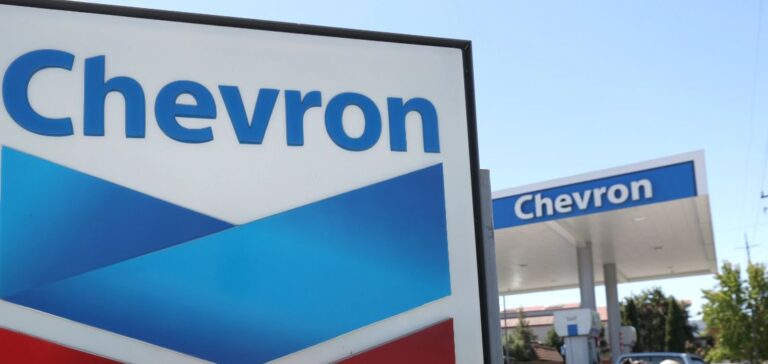The U.S. oil company Chevron has received restricted authorization from the U.S. government to retain its existing assets in Venezuela. This decision follows the expiration of a previous license, initially granted by the Biden administration in 2020, which allowed broader operations in the country. Under the new authorization, Chevron can only maintain its stakes in existing joint ventures with Venezuela’s state-owned oil company Petróleos de Venezuela (PDVSA), without permission to produce or export oil. The explicit goal of this restriction is to prevent any potential financial flows to the administration of President Nicolás Maduro.
A Sector Under Pressure
This new measure is part of a series of actions taken by the Trump administration aimed at intensifying sanctions against the Venezuelan government. The Venezuelan oil sector, already experiencing significant production declines in recent years, could become further weakened due to the reduction in American participation. Chevron was until now one of the last major international groups active in the country, holding significant stakes in several key oil projects. These restrictions could therefore exacerbate PDVSA’s economic difficulties, whose operational and financial capacities are already severely limited by international sanctions.
Venezuela’s Geopolitical Realignment
In parallel with these tensions with the United States, Venezuela has accelerated its partnerships with other international players, notably Russia. On May 7, Nicolás Maduro and Vladimir Putin signed a strategic agreement to intensify cooperation in the oil sector. Russia notably plans to increase its involvement in the exploration and development of new oil fields in Venezuela, explicitly aiming to progressively offset the diminishing presence of American companies. The Russian-Venezuelan rapprochement clearly underscores a realignment of international energy alliances in the region.
Impact on Global Markets
The gradual withdrawal of American companies from Venezuela could significantly redefine the energy landscape in Latin America. While Chevron remains the holder of strategic assets for now, the strict limitations imposed by the U.S. may bolster the position of Russian and Chinese actors in the Venezuelan oil market. In the medium term, this realignment could also influence oil prices, export flows, and competition in international markets, potentially creating new opportunities or constraints for global energy sector actors.
This shift in the American stance raises questions about Chevron’s future in Venezuela and, more broadly, about the future strategies of major Western oil companies in response to these emerging geopolitical dynamics.






















